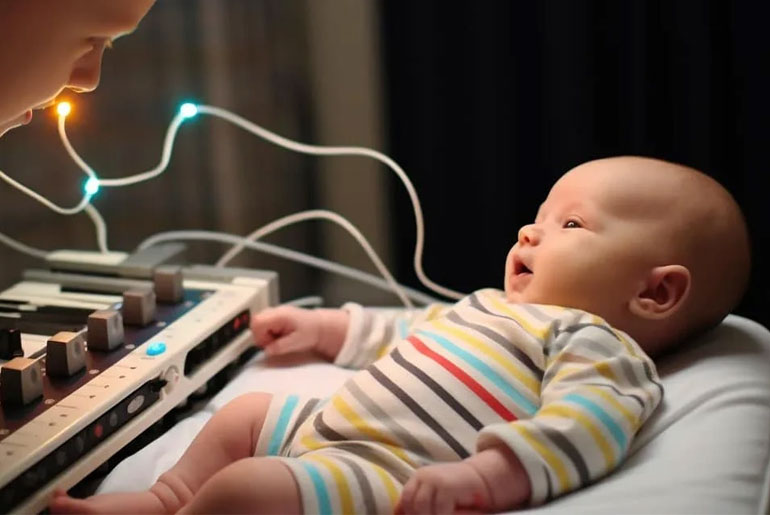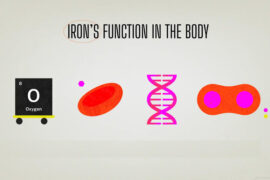New research from the University of Amsterdam and the HUN-REN Research Centre for Natural Sciences in Hungary has uncovered that newborn babies possess the ability to detect beats in music. This goes beyond the conventional understanding that this skill is merely a result of statistical learning, suggesting instead that beat perception is a distinct cognitive mechanism already present at birth. In 2009, indications surfaced that infants just a few days old could discern a regular pulse in music, a crucial characteristic for music creation and appreciation.
To validate and expand on these findings, researchers collaborated once again, this time employing a new experimental approach. Involving 27 newborns, the study aimed to differentiate between the learning of sound order in a drum rhythm (statistical learning) and the recognition of a beat (beat-induction). The babies, equipped with headphones, were exposed to two versions of a drum rhythm. The first version had isochronous timing, where the intervals between sounds remained constant, allowing the perception of a beat. The second version presented the same drum pattern but with random timing (jittered), making beat perception impossible while still allowing for the learning of sound sequence.
Given that behavioral responses in newborns are challenging to observe, the researchers utilized brain wave measurements (EEG) during the babies’ sleep. This method allowed them to examine the brain responses, revealing that the infants could indeed detect a beat when the time intervals between beats were consistent. Conversely, when the same pattern was played with irregular time intervals, the babies did not perceive a beat. This research sheds light on the early emergence of beat perception as a distinct cognitive ability in newborns.
“This crucial difference confirms that being able to hear the beat is innate and not simply the result of learned sound sequences,” stated co-author Istvan Winkler, professor at the Institute of Cognitive Neuroscience and Psychology at TTK.
“Our findings suggest that it is a specific skill of newborns and make clear how important baby and nursery rhymes are for the auditory development of young children. More insight into early perception is of great importance for learning more about infant cognition and the role that musical skills may play in early development.”
Honing attached, “Most people can easily pick up the beat in music and judge whether the music is getting faster or slower – it seems like an inconsequential skill. However, since perceiving regularity in music is what allows us to dance and make music together, it is not a trivial phenomenon. In fact, beat perception can be considered a fundamental human trait that must have played a crucial role in the evolution of our capacity for music.”
Disclaimer:
The information contained in this article is for educational and informational purposes only and is not intended as a health advice. We would ask you to consult a qualified professional or medical expert to gain additional knowledge before you choose to consume any product or perform any exercise.







